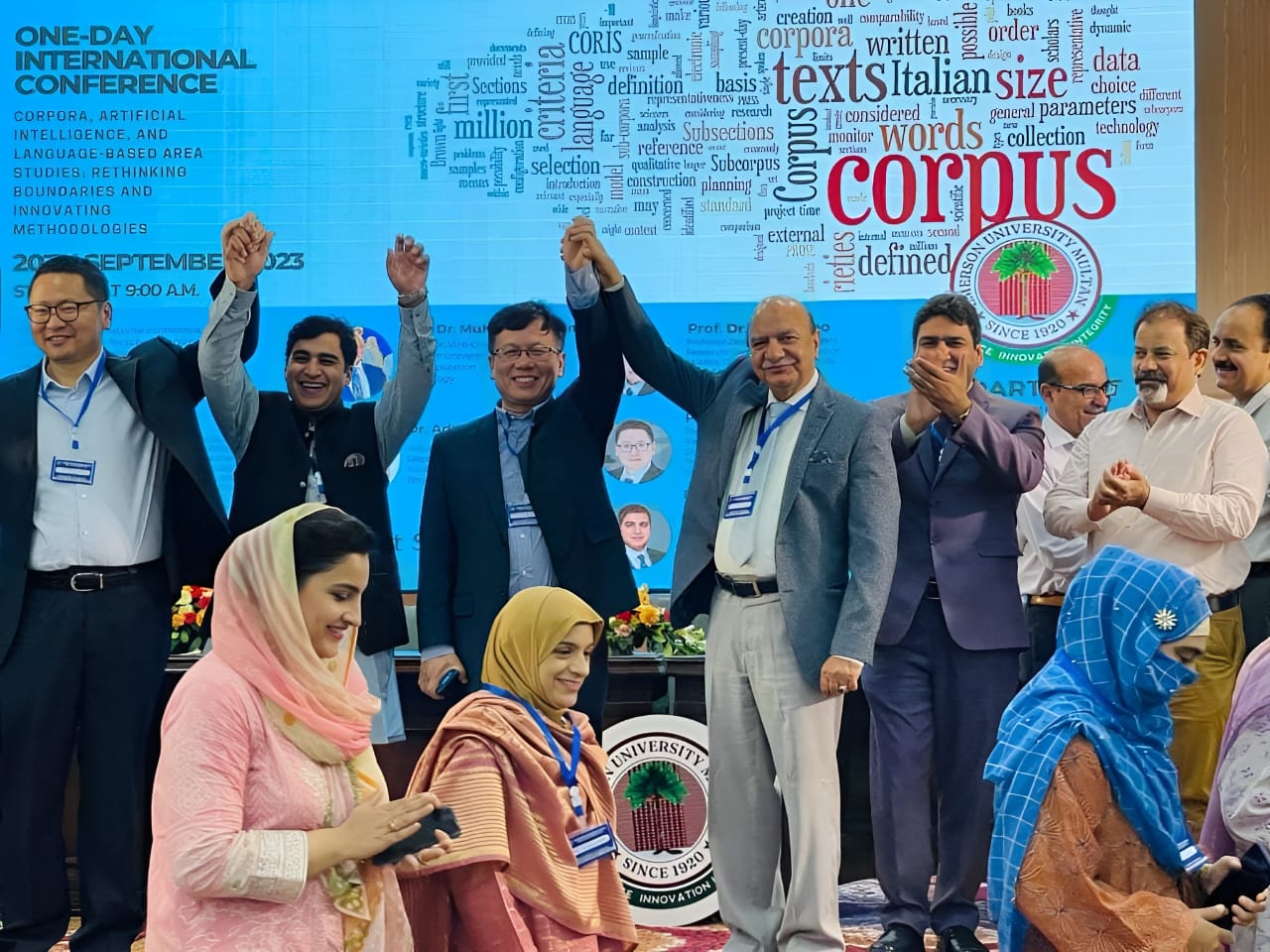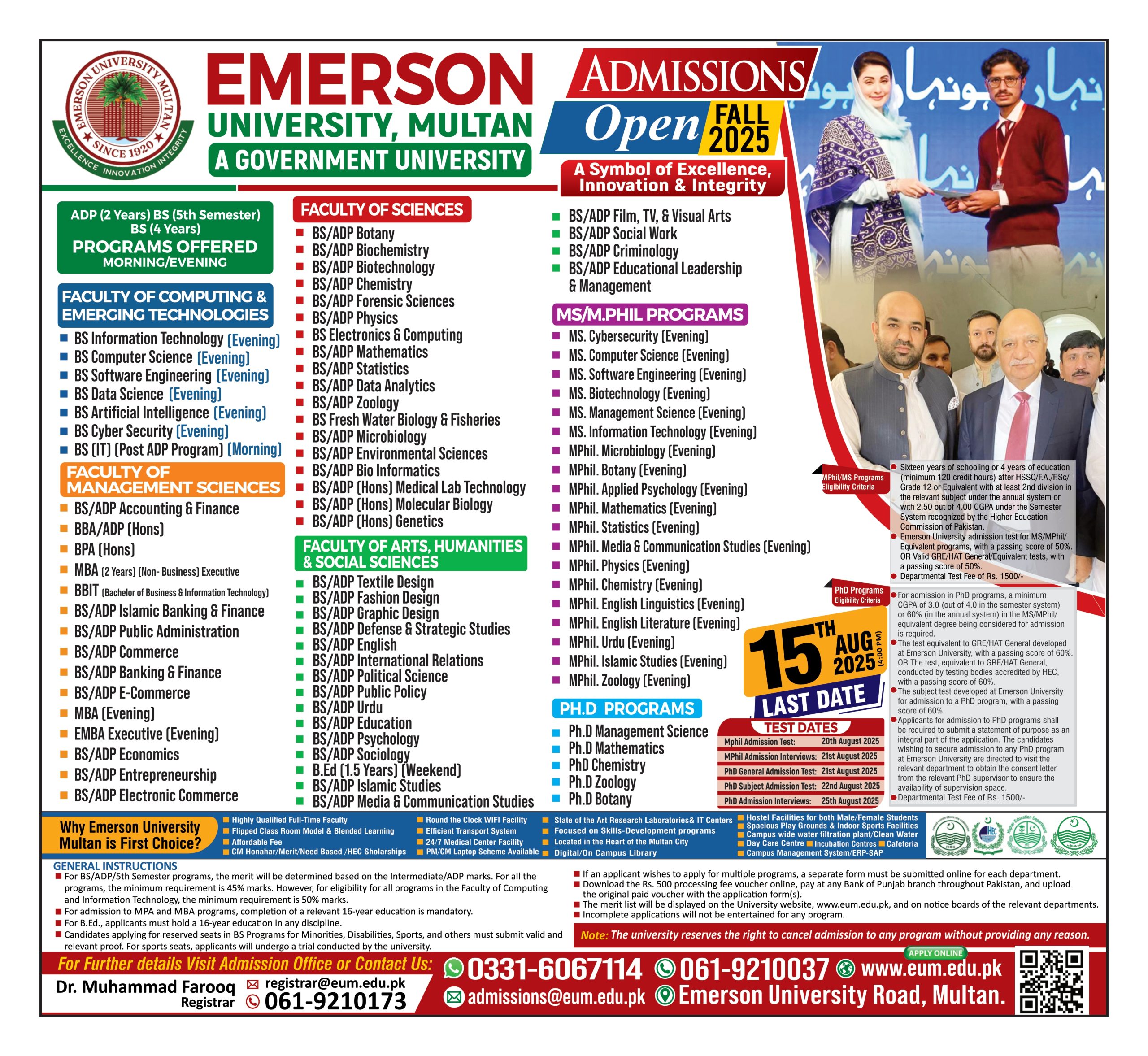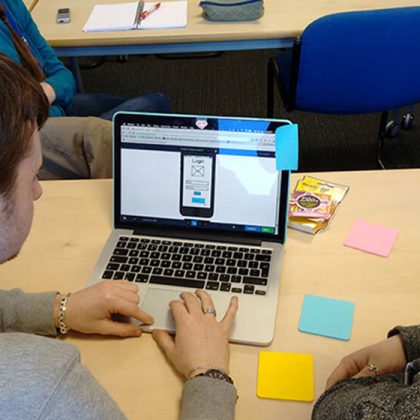

President's Welcome
“Welcome to our website. I am honored to be the new president of Eduma University. I have been entrusted with continuing the academic excellence of this university and enriching the quality of student life.”
Choose The Eduma Experience
We are an academic residential college made up of students, scholars, old collegians and staff members. Our rich history is the foundation for our values.
We are diverse, welcoming, accepting and passionate about being the best we can be. Join us to make your college experience unforgettable.

Gifts to Higher Education
Lorem Ipsum is simply dummy text of the printing...
The importance of higher education
Lorem Ipsum is simply dummy text of the printing...
Our Classes
Lorem Ipsum is simply dummy text of the printing...
Our Books
Lorem Ipsum is simply dummy text of the printing...
Upcoming Events
Outstanding Alumni
Your experience does not stop when you graduate.



Why Choose Us?
A choice that makes the difference.
01
02
03
Our World University Rankings
We've achieved an enviable reputation for research and teaching excellence.
3rd
2nd
3rd
5th
19th
3rd
33rd
46th
10th
Latest News

Gifts to Higher Education
Lorem Ipsum is simply dummy text of the printing and typesetting industry....

The importance of higher education
Lorem Ipsum is simply dummy text of the printing and typesetting industry....

Our Classes
Lorem Ipsum is simply dummy text of the printing and typesetting industry....
Multimedia
Campus Life
Building a vibrant community of creative and accomplished people
ABOUT
The Corpus Center for Advanced Studies & Applications(CCASA) delineates a groundbreaking collaboration between the Department of English at Emerson University, Multan, Pakistan, and the Institute of Corpus Studies and Applications (ICSA) at the Shanghai International Studies University (SISU), China.
In essence, the project comprises multiple research initiatives housed within the framework of this envisioned Corpus Center. The memorandum of understanding (MOU) between these universities encompasses all members at both centers, fostering an expansion of resource bases and mutual benefits. The collaboration spans diverse domains, including research, development, education, training, and the long-term propagation of knowledge, emphasizing the university’s pivotal role in knowledge transfer and information sharing. The areas of mutual interest for collaboration are broad, spanning contemporary networking techniques, reciprocity enhancement, and the dissemination of investigative capacity, new methodologies, and technologies.
The project aligns with the “Languages Documentation Program,” aiming to maximize the reuse and secondary use of audiovisual, annotated language and textual data. The Corpus Center will establish quality standards and curation criteria for various reuse scenarios, such as ‘Language Documentation,’ ‘Learner Corpora,’ ‘Interpreted Corpora,’ ‘Sign Language,’ ‘Language Community,’ ‘Ethnography,’ and ‘Oral History.’ This initiative seeks to enhance linguistic research capacity in Language Data Science and Applications, Humanities/Social Sciences, Linguistics and Literature, and English Language Teaching/Learning.
In the dynamic landscape of competitive academia, Emerson University Multan recognizes the imperative to enhance its research program offerings, regional competitiveness, cost efficiency, and the robustness of its research initiatives, aligning with the burgeoning emphasis on Corpus Studies. In response to the evolving academic landscape, Emerson University, Multan, has initiated the establishment of corpus centers, amplifying the scope of research at advanced levels. With only a few universities currently offering corpus centers in Pakistan, considerable potential exists for attracting a substantial number of students and researchers to engage in various programs related to corpus studies at Emerson University Multan. This trend aligns with the evolving academic landscape and positions Emerson University Multan as a frontrunner in catering to the increasing demand for advanced research in corpus studies.
Objectives:
The Corpus Center aims to:
- Excel in research through diverse research activities.
- Create opportunities for funded research projects in collaboration with municipal, national, and international organizations.
- Serve as an authentic source for storing spoken and written language data for communicative and research purposes.
- Develop the orthography of unwritten languages.
- Preserve endangered languages and revitalize those near extinction.
- Propose innovative language teaching methods and create appropriate materials.
- Establish frameworks for teaching/learning grammar and vocabulary.
- Pave the way for computational linguistics in Pakistan.
- Develop spoken language data corpora.
- Innovate search methods and data utilization for research.
- Develop advanced software and web applications for natural language and speech processing, fostering the systematic growth of corpora and related fields.
Salient Features:
The corpus center is designed to support big data and corpus analysis tools in research, teaching, and learning. Noteworthy features include:
- Collaboration across corpus linguistics, natural language processing, translation studies, and other interdisciplinary domains.
- A focus on the intersection of psycholinguistics, cognitive linguistics, literary stylistics, and statistics within corpus linguistics at EUM.
- Access to diverse corpora, a dedicated computer suite with specialized resources, and an eye-tracking laboratory.
- Contribution to shaping Digital Humanities developments, including developing the web app for corpus linguistic studies of literary texts.
- Organization of conferences, summer schools, workshops, seminars, and symposiums on corpus studies.
- Sharing of corpus methods and training researchers in various tools like Praat, Elan, Wordsmith, Wmatrix, etc.
- Organization of conferences, summer schools, workshops, seminars, and symposiums on corpus studies.
- Sharing of corpus of conferences, summer schools, workshops, seminars, and symposiums on corpus studies.
FUTURE RESOURCE PROVISION
The successful execution of this pioneering project necessitates a well-equipped laboratory and the utilization of diverse corpus tools. The following components outline the specific resource requirements:
Command Line Tools and Scripting:
- For beginners, gaining familiarity with basic command-line literacy and a scripting language like Python is highly recommended.
- Resources for initial learning include Chris Pott’s Programming for Linguists class materials and introductory workshops from Stanford Library’s Center for Interdisciplinary Digital Research (CIDR), Software Carpentry, and Data Carpentry.
- CIDR additionally offers one-on-one consulting.
Natural Language Processing (NLP):
- Initiating natural language processing involves options such as the Natural Language Toolkit (NLTK), the Text Mining with R book, and the tidytext R package.
- Further exploration of text processing, including sentiment analysis, can be facilitated with tools like spaCy, Stanford CoreNLP, and NLP-related packages in R.
- Further exploration of text processing, including sentiment analysis, can be facilitated with tools like spaCy, Stanford CoreNLP, and NLP-related packages in R language.
Speech Processing:
- For delving into speech processing, resources such as Will Styler’s Using Praat for Linguistic Research, Joey Stanley’s Praat scripting tutorial, and Eleanor Chodroff’s A Corpus Phonetics tutorial are recommended.
- Once basic familiarity is acquired, tools like Montreal Forced Aligner, SpeechBrain, and Kaldi are standard for tasks like forced alignment.
- For delving into speech processing, resources such as Will Styler’s Using Practive.
In synthesizing these resources, the Corpus Center at Emerson University Multan aims to foster a robust research environment, merging linguistic expertise with cutting-edge technological tools to advance language, literature, and computational linguistics knowledge.
- webmaster
- February 16, 2024
- 9:47 am

















